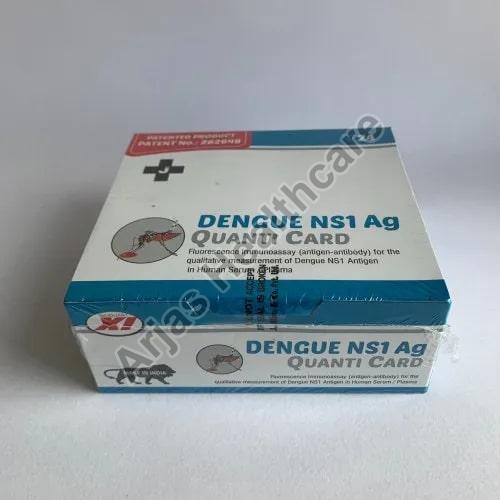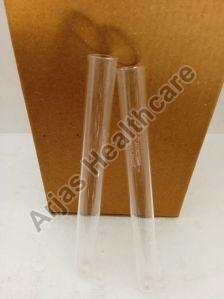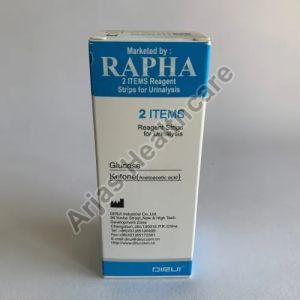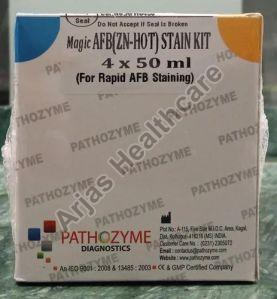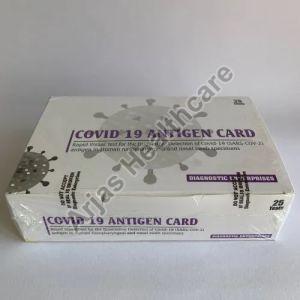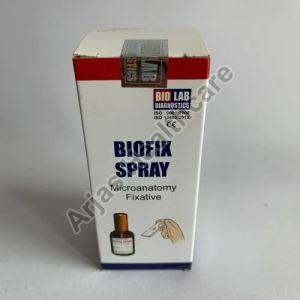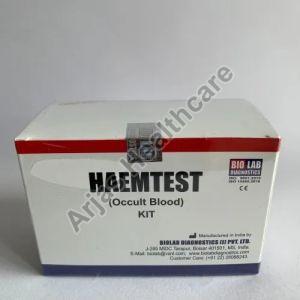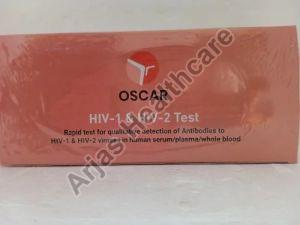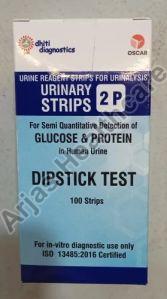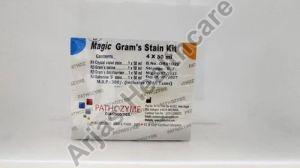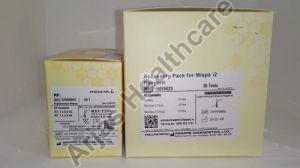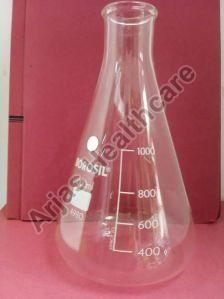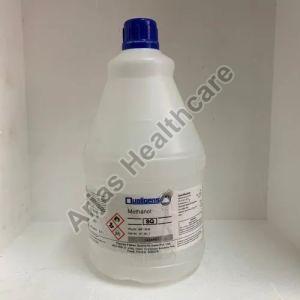Sadashiv Peth, Pune, Maharashtra
- GST NO. : 27AATFA5501D1ZN
| Business Type | Supplier, Trader |
| Country of Origin | India |
| Manufactured By | J Mitra |
| Packaging Size | 24 Test |
| Click to view more | |
Preferred Buyer From
| Location | Anywhere in India |
Product Details
Dengue virus is a flavivirus found largely in areas of the tropic and sub-tropics. There are four distinct but antigenically related serotypes of dengue viruses, and transmission is by mosquito, prinicipally Aedes aegypti and Aedes albopictus. The mosquito-borne dengue viruses (serotype 1-4) cause dengue fever, a severe flu-like illness. The disease is prevalent in third world tropical regions and spreading to sub-tropical developed countries - including the United States. WHO estimates that 50-80 million cases of dengue fever occur worldwide each year, including a potentially deadly form of the disease called dengue haemorrhagic fever (DHF) and dengue shock syndrome (DSS). Primary infection with dengue virus results in a self-limiting disease characterized by mild to high fever lasting 3 to 7 days, severe headache with pain behind the eyes, muscle and joint pain, rash and vomiting. Secondry infection is the more common form of the disease in many parts of Southeast Asia and South America. IgM antibodies are not detectable until 5- 10 days in case of primary dengue infection and until 4-5 days in secondary infection after the onset of illness. IgG appear after 14 days and persist for life in case of primary infection and rise within 1-2 days after the onset of symtoms in secondary infection. This form of the disease is more serious and can result in DHF and DSS. The major clinical symptoms can include high fever, haemorrhagic fever, and circulatory failure, and the fatality rate can be as high as 40%. Early diagnosis of DSS is particularly important, as patients may die within 12 to 24 hours if appropriate treatment is not administered. Primary dengue virus infection is characterized by elevations in specific NS1 antigen levels 0 to 9 days after the onset of symptoms; this generally persists upto 15 days. Earlier diagnosis of Dengue reduces risk of complication such as DHF or DSS, especially in countries where dengue is endemic.
Intended useDengue NS1 Ag Quanti Card is a sensitive immuno- chromatographic test for the qualitative detection of Dengue NS1 Antigen in human Serum/ Plasma with iQuant Analyzer . This test is for in vitro diagnostic use only and is intended as an aid in the earlier diagnosis of dengue infection
Principle (antigen-antibody reaction)
Dengue NS1 Ag Quanti Card is a fluorescence immunoassay based on sandwich principle. The test area is coated with specific anti-dengue NS1 Ag antibodies. When a sample is added to the cartridge, Dengue NS1 antigen if present will form a complex with another specific NS1 antibodies conjugate to fluorochorme. On addition of Assay Buffer, this complex migrates along the nitrocellulose membrane to the test region and forms an antibody-antigen-antibody fluorescence immunocomplex. The result will be displayed by iQuant Analyzer.
Looking for "J. Mitra Dengue NS1 Ag Quanti Card" ?
Explore More Products


